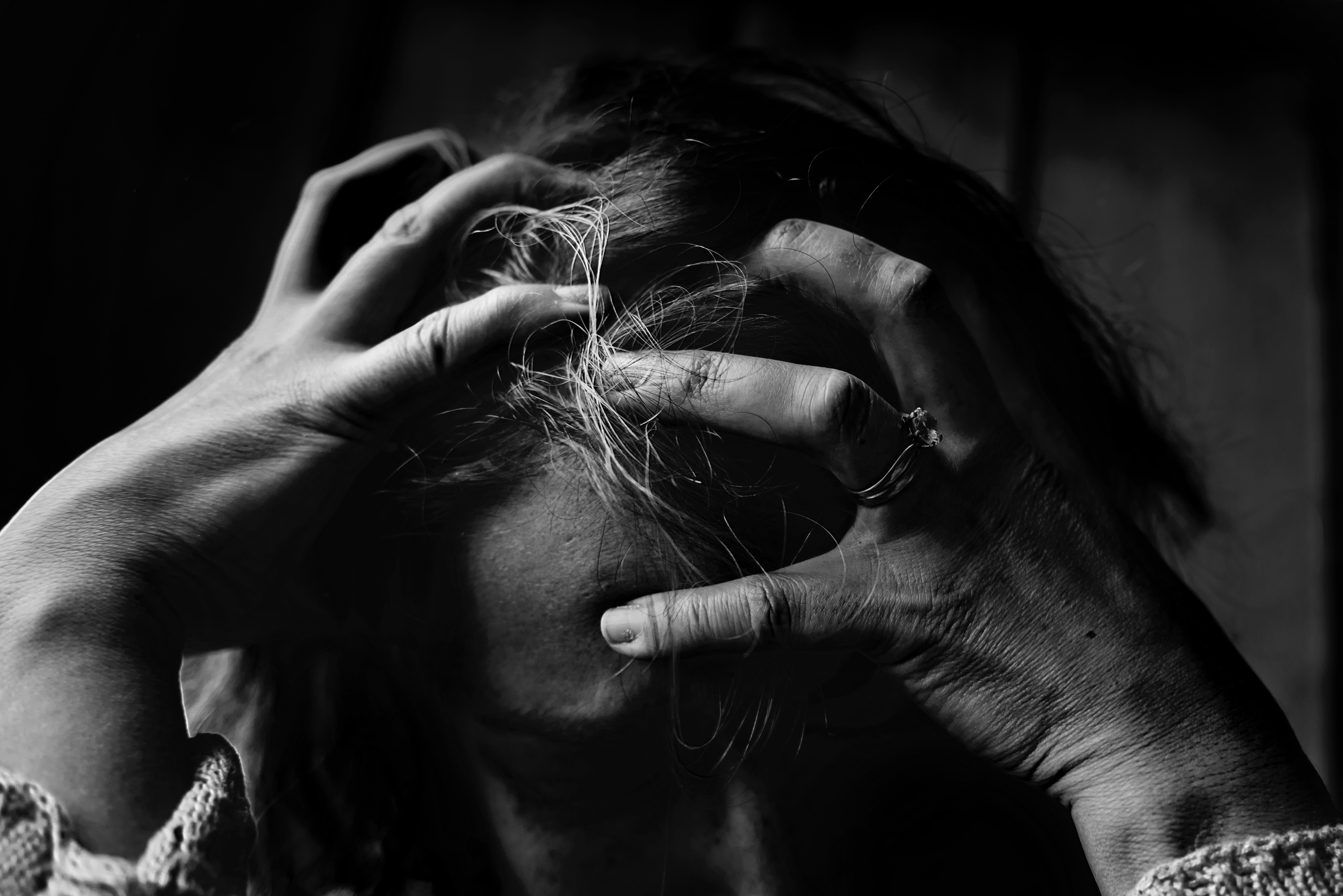The awareness of mental health also comes with questions as it is not a popular issue, especially in societies with eastern cultures, such as Asian countries. Nevertheless, in filtering the information you need to know about mental health, you should also acknowledge the line that separates facts and myths of the issue.
1. Children and teenagers are the happiest. They will not experience mental illness or mental health problems
Totally wrong! Based on the World Health Organization (WHO) report, titled Mental Health Status of Adolescents in South-East Asia: Evidence for Action, in 2016 around 6.7% students in Indonesia often felt lonely where female students are the subjects who were most likely to feel lonely than their male friends.
At least 3.9% of students in Myanmar experienced a high level of anxiousness.
2. People who suffer mental illness are all dangerous, uncontrollable, that’s why it is okay to label them as ‘crazy’
One thing everyone should understand, those who suffer mental illness have their own normal lives; they operate like other ‘normal’ people, it is just most likely they struggle with anxiety and depression so that sometimes their unexpected feelings affect their daily activities.
Even in a case of people with mental disorder, hospitalization will only be required for those who suffer extreme mental illnesses where there is a possibility of them acting uncontrollably. To refer people with mental illness in general with the term ‘crazy’ is somehow irrelevant and degrading.
3. People with mental illness will never recover
The fact is, treatment works! While many psychiatrists are not able to predict until how long a patient should consume their pills; but in this era where more sophisticated researches and treatments on mental illness are everywhere if the patients have a strong will to cure the illness.
However, the literacy of mental health must be strengthened too for early recognition and treatment to work effectively. In Singapore alone, a study says less than 50% of adults are not able to exactly recognize even the most common mental disorders.
4. They are not as intelligent as those who are mentally healthy
What a myth! Mental health and intelligence are not correlated, they do not have something to do to affect each other. Like people who are mentally healthy, some of them are creative and intelligent, some of them are lazy and unintelligent.
5. Mentally ill people are all the same
Often labelled as ‘psycho’ or ‘crazy’, the popular opinion thinks that they are all the same. The fact is, there are many different conditions categorized as of mental illnesses. Such as anxiety disorder, mood disorders, bipolar, eating disorders, impulse control and addiction disorders, personality disorders, obsessive-compulsive disorder etc. Note that each of them comes with different symptoms and treatments.
6. Being depressed is a mistake
Mental illness involves a range of complex factors, from genetics, biological, to the environment, in some cases, it involves the combination of some factors. Depression itself is caused by chemical imbalance and changes in brain function; thus, depression cannot be considered as a character flaw.
7. A general practitioner (GP) can provide treatments for mental health problems
No, GPs are not enough! While they are good to provide a prescription for your general diseases, but you should be handled by mental health professionals such as a psychologist, psychiatrist, therapist, licensed counsellor, or other clinical social workers—depends on your symptoms and illness. In many cases, GPs will only prescribe the patients with a psychopharmacological medication which is the last thing you need. Do not add more weeks to your problem!
8. People with mental disorders should be isolated
This is a wrong assumption we need to stop believing it as a prevalent social stigma! If they were to choose, they do not want to go through days of hardship; they absolutely prefer to have a mentally healthy condition.
No two people can behave in the same way especially when they are unwell as we all have our own coping systems—not even for the case of twin siblings! While emotions are contagious in nature, emotional disorders are not. Mental disorders, unlike chickenpox that can easily be transmitted through physical contacts, so we do not need to isolate them just because the stigma tells us so. Sometimes those who are in the early stage of depression need their voices to be heard by supportive friends they can share their stories with and can listen without judging. However, it is not a rare issue to find those people who are afraid to open up about their mental struggles due to the possible social judgement that will follow.
A study reveals, some people are forced to put them in isolation is because they believe mental disorders or illness can be transmitted through social interactions. An assumption such as “if you befriend with someone who suffers anxiety disorder, their anxiety or tension may rub off on ourselves” was among the most popular beliefs. Unfortunately for us, believing in this assumption alone will contribute to the development of a false stigma that will make the sufferers feel like they are being isolated.
9. Not everyone is vulnerable to mental health problems
Or wait until you feel like the world is against you! The truth is, all of us are vulnerable to mental illnesses or chances are, we were once affected by the illness without us realizing it. One in five Australians and Canadians may experience mental health problems at some stage in their lives.
Have you ever heard a term of quarter-life crisis? An article from Harvard Business Review finds that, in today’s society, people in their twenty-somethings tend to experience higher level negativity than the previous generations. Years ago, the average age of depression fell between the age of 40 until 50, nowadays those who are in their mid-20s tend to feel depressed. Self-questioning yourself with “Who am I?”, “what is my life’s purpose?”, “I just found out that I am not as smart as I thought I was”, can trigger mental health problems.
10. Children with mental illnesses are the result of bad parenting
As mentioned before that mental health problem are caused by very complex factors— most of the time involving more than one factor, bad parenting does not have something to do with children suffering from mental health problems. However, family members are the essential support systems to accompany the sufferers, especially during the recovery stage.





















